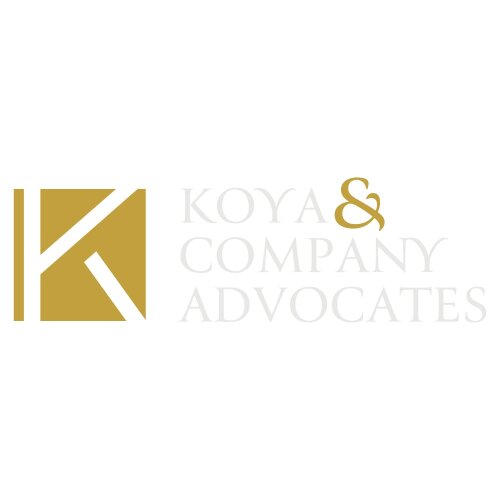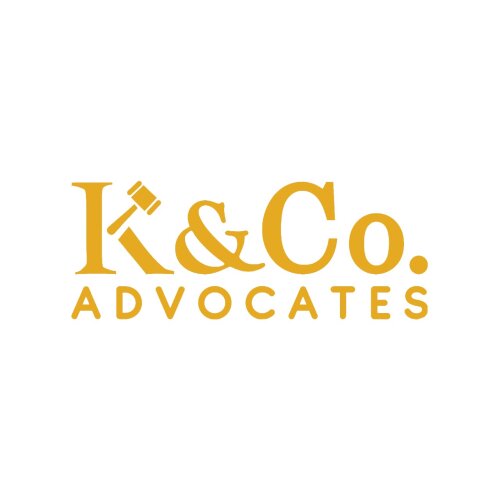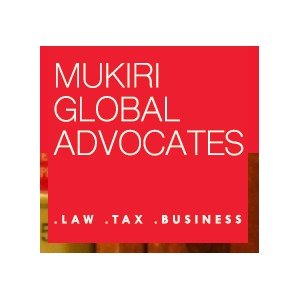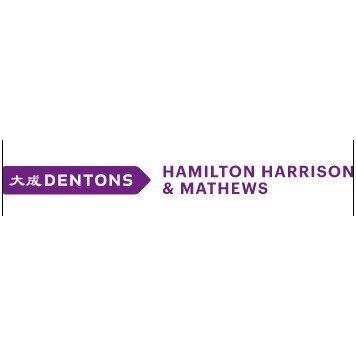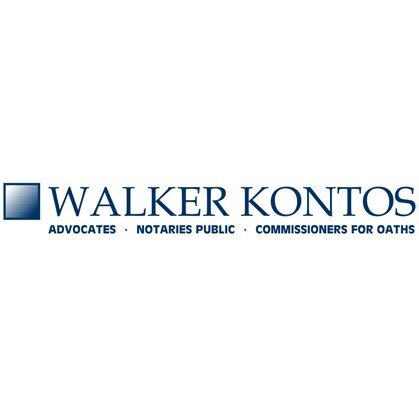Best Mining Law Lawyers in Nairobi
Share your needs with us, get contacted by law firms.
Free. Takes 2 min.
List of the best lawyers in Nairobi, Kenya
Legal guides written by Adroit Law LLP:
- Kenya Launches Digital Nomad Visa: A Gateway for Remote Workers
- Navigating the Payment System License Maze in Kenya
- Navigating the Complexities of Mining Licenses and Permits in Kenya: A Look into Artisanal and Large-Scale Operations
About Mining Law in Nairobi, Kenya
Mining Law in Nairobi refers to the legal framework governing the exploration, extraction, processing, and exportation of mineral resources within Kenya, with special focus on compliance within Nairobi and its surrounding areas. Kenya's mineral sector is regulated by a set of laws and administrative bodies that aim to balance resource development with environmental conservation and equitable benefit sharing. The sector has significant potential, attracting both domestic and foreign investment, making a sound understanding of Mining Law critical for anyone wishing to participate in the industry.
Why You May Need a Lawyer
Mining activities involve complex procedures, ranging from obtaining licenses, negotiating land rights, handling environmental regulations, to dealing with community relations and contractual matters. Individuals and companies may need legal assistance in various situations such as:
- Applying for or renewing a mineral rights license
- Negotiating and drafting mining agreements
- Resolving land disputes with local communities or other entities
- Ensuring compliance with health, safety, and environmental laws
- Understanding tax obligations and royalties
- Dealing with government agencies or facing enforcement actions
- Investing in or acquiring mining projects
- Representing interests in legal disputes or litigation related to mining operations
A qualified mining lawyer ensures that legal processes are properly followed, reduces risk, and protects your interests and investments.
Local Laws Overview
Kenya's mining sector is primarily governed by the Mining Act, 2016, which provides for the regulation, management, and development of mineral resources. Other relevant laws include the Mining (Local Equity Participation) Regulations, the Environmental Management and Coordination Act, the Land Act, and various county legislations. Key aspects to consider include:
- Licensing and Permits: Individuals and companies must obtain a mining license from the Ministry of Mining and ensure compliance with all permit conditions.
- Land Rights and Usage: Mining rights are often subject to negotiation with landowners and local communities, especially where land tenure or community land is involved.
- Environmental Compliance: An Environmental Impact Assessment (EIA) license is required before commencing mining operations, and ongoing compliance with environmental regulations is mandatory.
- Community Engagement: Laws require consultation and benefit-sharing with local communities where mining operations occur.
- Taxation and Royalties: Mining entities are subject to specific taxes and royalties that must be paid to national and county governments.
- Foreign Ownership: There are local equity participation requirements aimed at promoting Kenyan participation in mining ventures.
Frequently Asked Questions
What is the process for acquiring a mining license in Nairobi, Kenya?
The process involves submitting an application to the Mining Cadastre portal, providing required documentation, conducting technical and environmental assessments, and undergoing public participation processes. Approval is granted by the Cabinet Secretary for Mining following due process.
Are foreigners allowed to invest in mining activities in Kenya?
Yes, foreigners can invest, but there are local ownership requirements. Kenyan citizens must hold at least thirty-five percent equity in small-scale mining licenses as provided in the Mining Act.
What are the main taxes and royalties imposed on mining operations?
Mining companies must pay mineral royalties based on a percentage of the gross value of minerals, along with corporate tax and other statutory charges outlined in the Mining Act and tax regulations.
What environmental approvals are needed to start mining?
An Environmental Impact Assessment (EIA) study must be conducted and approved by the National Environment Management Authority (NEMA) before any mining activities begin. Ongoing compliance with environmental conditions is required.
How are community rights protected during mining operations?
The law mandates public participation, compensation, and shared benefit schemes. Mining projects must respect community land rights and involve affected communities in decision-making.
What happens if there is a dispute over land or mining rights?
Disputes can be resolved through negotiations, alternative dispute resolution (ADR) mechanisms, or litigation in court. The National Land Commission and other regulatory bodies can also mediate certain disputes.
Is small-scale mining regulated differently from large-scale mining?
Yes, small-scale mining licenses have distinct requirements, such as higher local ownership and simpler application processes, but still require environmental compliance and permits.
Can mining rights be transferred or sold?
Mining rights can be transferred, but this requires approval from the Ministry of Mining and adherence to stipulated procedures in the Mining Act.
How long do mining licenses last?
License durations vary according to the type of license, such as prospecting, retention, or mining license, with durations ranging from a few years to up to twenty-five years for large-scale mining.
What are the obligations of a mining company towards employees?
Mining companies must comply with labor laws, provide safe working conditions, ensure fair wages, and comply with occupational health and safety regulations.
Additional Resources
Several governmental and non-governmental organizations provide guidance and regulation in mining law, including:
- Ministry of Mining: The main regulatory authority for mineral resources
- Kenya Chamber of Mines: Represents industry participants and provides advocacy
- National Environment Management Authority (NEMA): Environmental compliance and licensing
- National Land Commission: Land ownership and dispute mediation
- Kenya Revenue Authority (KRA): Taxation and royalty obligations
- Law Society of Kenya: Access to qualified legal practitioners in mining law
- County Government Offices: Local regulations and approvals
Next Steps
If you require legal assistance in Mining Law in Nairobi, consider the following steps:
- Identify the specific nature of your mining-related legal issue or question
- Gather all relevant documents such as licenses, deeds, contracts, and communications
- Consult a qualified mining lawyer or a law firm specializing in mining and natural resources law
- Engage with relevant government agencies for clarification on procedures and compliance requirements
- Stay updated on changes in mining laws and regulations by subscribing to industry newsletters or participating in industry forums
- Consider mediation or alternative dispute resolution mechanisms for conflicts before resorting to litigation
Legal processes in mining can be demanding, so timely legal consultation can safeguard your investments and help you navigate complex regulatory and operational challenges.
Lawzana helps you find the best lawyers and law firms in Nairobi through a curated and pre-screened list of qualified legal professionals. Our platform offers rankings and detailed profiles of attorneys and law firms, allowing you to compare based on practice areas, including Mining Law, experience, and client feedback.
Each profile includes a description of the firm's areas of practice, client reviews, team members and partners, year of establishment, spoken languages, office locations, contact information, social media presence, and any published articles or resources. Most firms on our platform speak English and are experienced in both local and international legal matters.
Get a quote from top-rated law firms in Nairobi, Kenya — quickly, securely, and without unnecessary hassle.
Disclaimer:
The information provided on this page is for general informational purposes only and does not constitute legal advice. While we strive to ensure the accuracy and relevance of the content, legal information may change over time, and interpretations of the law can vary. You should always consult with a qualified legal professional for advice specific to your situation.
We disclaim all liability for actions taken or not taken based on the content of this page. If you believe any information is incorrect or outdated, please contact us, and we will review and update it where appropriate.








